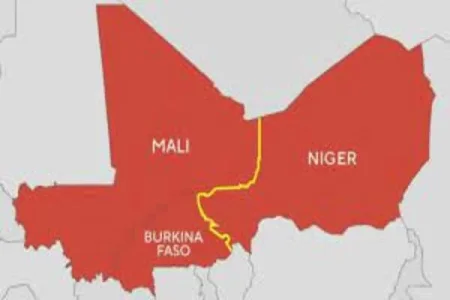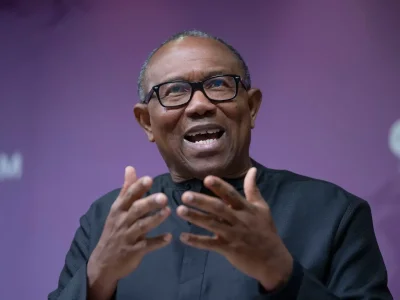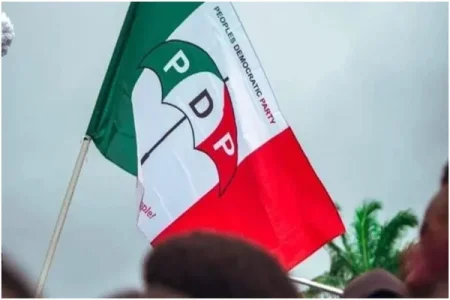
The military juntas of Mali, Burkina Faso, and Niger have collectively withdrawn from the Economic Community of West African States (ECOWAS), citing a perceived abandonment of the organization's founding principles and a lack of support in addressing pressing security challenges in the Sahel region.
The announcement, made on Sunday by the leaders of the three Sahel nations, comes amid escalating tensions following the overthrow of Niger's democratically elected government and ECOWAS's subsequent threats of military action if power was not transferred. The junta in Niger, steadfast in its refusal to yield to external pressure, found solidarity in neighboring Mali and Burkina Faso, who pledged to defend Niger against any intervention by ECOWAS.
Colonel Amadou Abdramane, the spokesperson for the Niger junta, delivered a scathing indictment of ECOWAS, lamenting its departure from the principles of Pan-Africanism and its failure to provide meaningful assistance to member states grappling with terrorism and insecurity. The joint statement issued by the three countries emphasized their sovereignty and expressed deep disappointment in ECOWAS's inability to address the existential threats facing the region.
The decision to withdraw from ECOWAS marks a significant shift in regional dynamics, with the formation of the Alliance of Sahel States looming as a potential counterforce to the regional bloc. The emergence of this alliance underscores growing discontent among Sahelian nations with ECOWAS's leadership and its perceived inadequacies in addressing regional security challenges.
ECOWAS, under the leadership of President Bola Tinubu, had issued stern warnings to the Niger junta and threatened military action if power was not transferred to civilian authorities. However, the solidarity displayed by Mali and Burkina Faso in support of Niger's junta further complicated the situation, raising concerns about the potential for further instability in the region.
The withdrawal of Mali, Burkina Faso, and Niger from ECOWAS has far-reaching implications for regional security cooperation, economic integration, and the promotion of democratic governance. The suspension of the three countries from the organization following military coups underscores the challenges faced by ECOWAS in maintaining its commitment to upholding democratic norms and principles across member states.
As tensions continue to escalate in the Sahel region, the international community closely monitors developments, recognizing the need for diplomatic engagement and concerted efforts to address the root causes of instability and insecurity. The withdrawal of three key Sahelian nations from ECOWAS underscores the urgent need for regional and international stakeholders to reevaluate their approaches to addressing the complex challenges facing West Africa.




